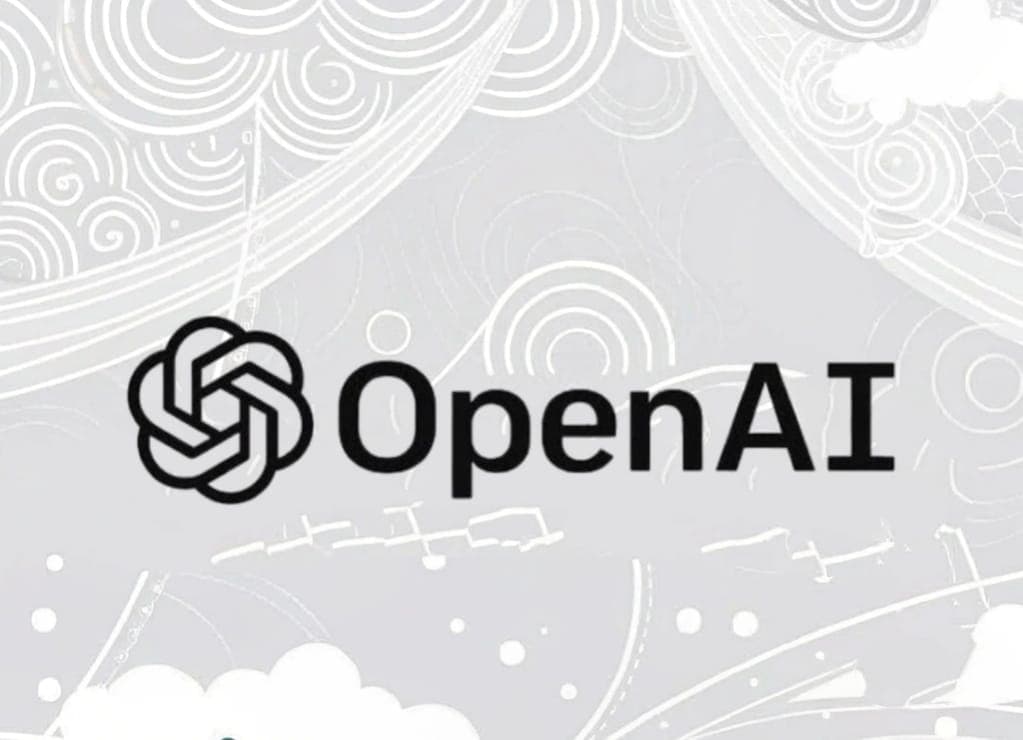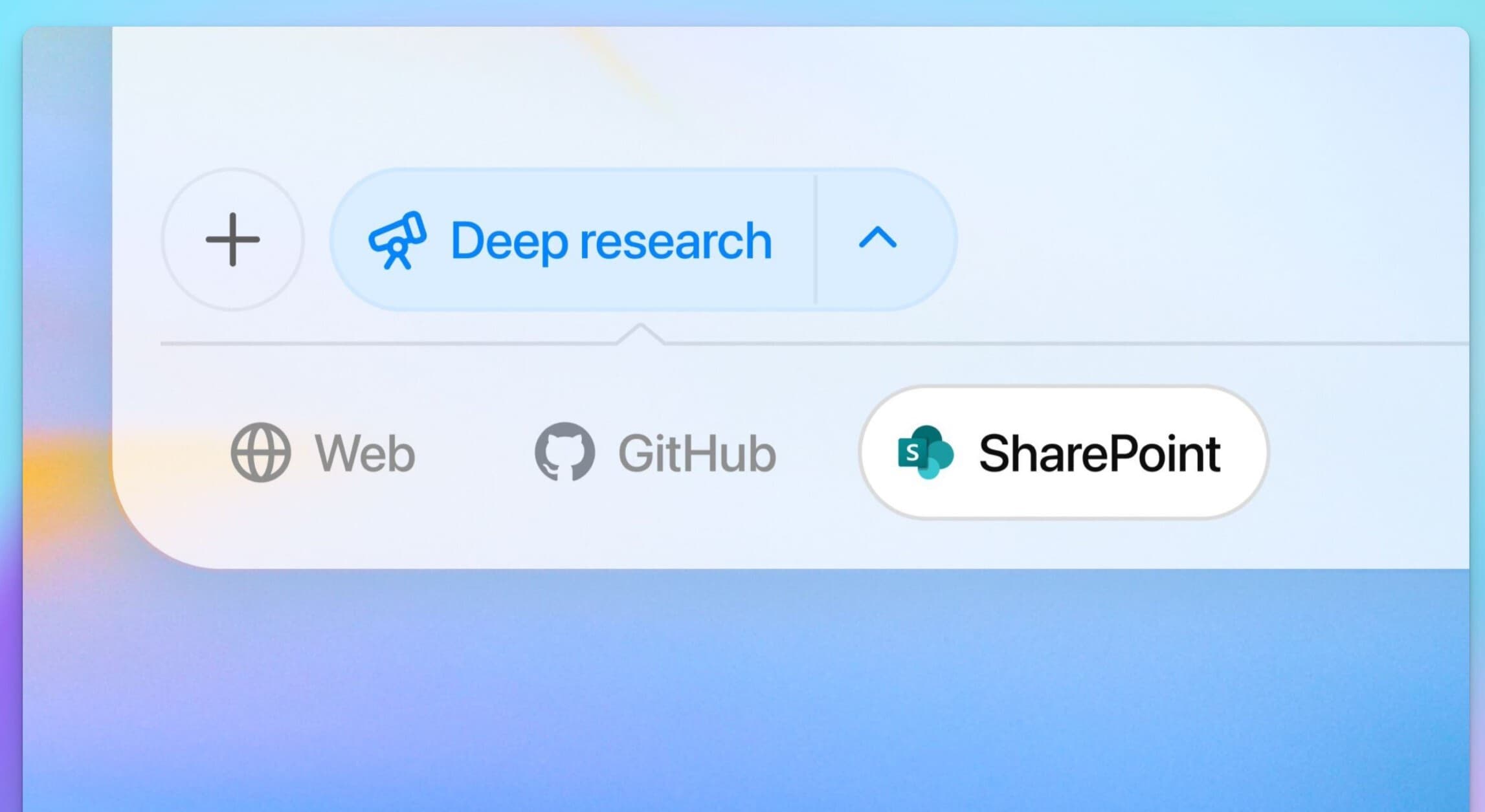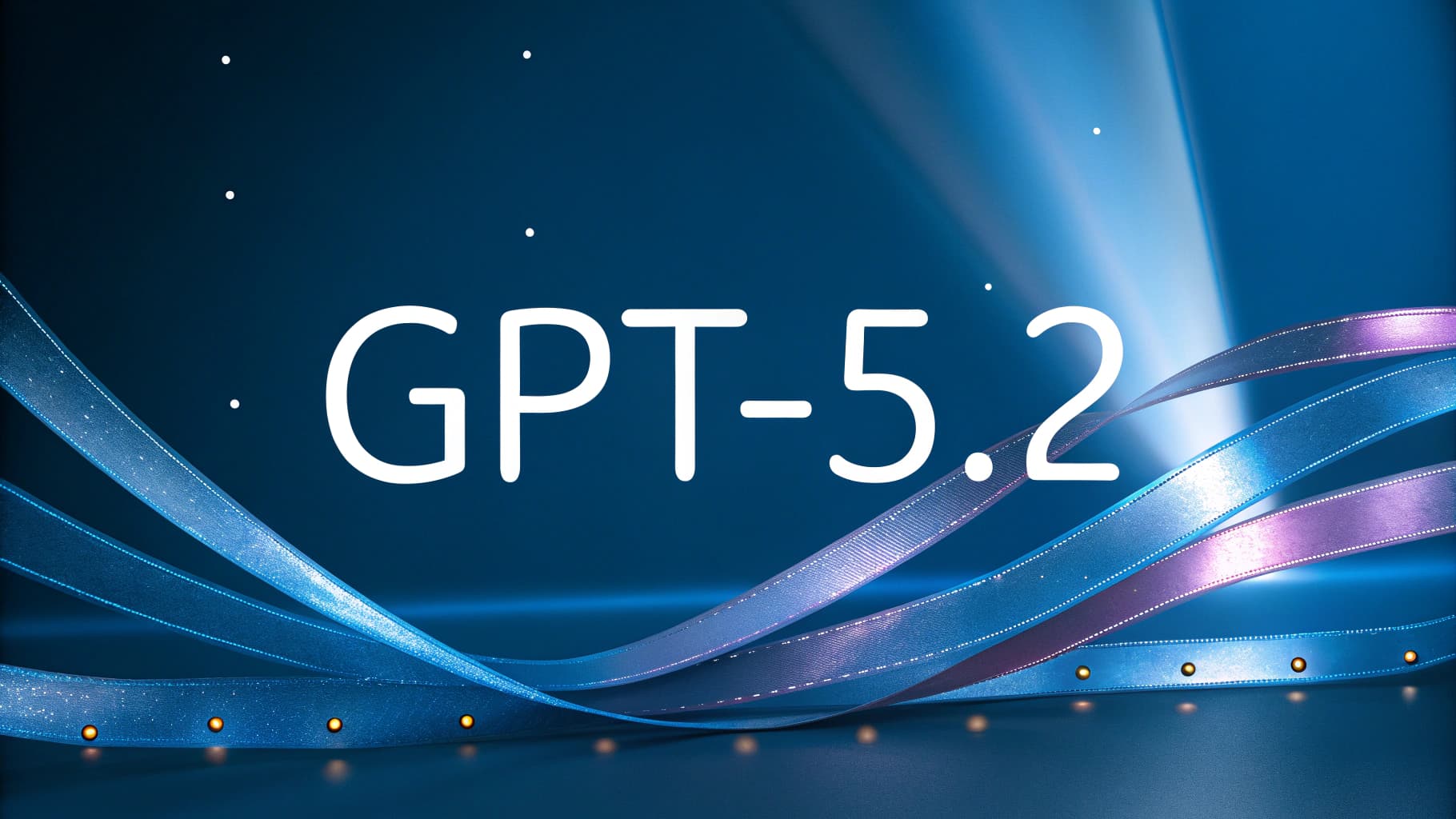
ChatGPT Deep Research Now Accesses OneDrive and SharePoint Files
OpenAI has announced a new step in integrating AI into digital work environments by enabling its “Deep Research” feature in ChatGPT to connect directly with Microsoft OneDrive and SharePoint platforms.
This feature, currently available in its beta version, targets users of ChatGPT Plus, Pro, and Team plans, with an exception for users in the European Economic Area, the United Kingdom, and Switzerland.
In this context, the new feature allows users to grant ChatGPT access to specific folders in their cloud libraries, enabling the system to read and analyze files in real-time.
When a query is posed, such as: “What is the summary of the first-quarter financial performance in the Middle East?”, ChatGPT searches within the linked files and provides answers supported by precise quotations from the documents.
According to OpenAI’s clarifications, files are not accessed generally; rather, access is restricted only to the folders selected by the user during setup.
Furthermore, the connection process follows clear steps: through the “Deep Research” interface, the user selects OneDrive or SharePoint, then logs in and specifies the folders the system is permitted to read.

On another note, the company clarified that the search process does not rely on content uploading.
Instead, it involves sending smart queries to Microsoft services to find the most relevant information, in a scenario similar to what happens behind the scenes in search engines, but within each user’s private work environment.
The initiative comes as part of a series of expansions to ChatGPT’s tools. Indeed, last week saw the addition of new support for linking Deep Research with the GitHub platform, which allows programming teams to analyze code repositories and extract accurate reports based on their content.
From a security perspective, the connection is subject to clear protection rules; Microsoft 365 administrators in companies can approve the ChatGPT connection via the official OAuth mechanism.
It is worth noting that OneDrive and SharePoint remain third-party services, meaning their respective terms of use still apply.
Although this feature is currently experimental, OpenAI plans to roll it out later for users of its enterprise-oriented version.
This development could prove to be an impactful tool for teams working on document analysis, especially in fields like finance, law, and corporate research, where accessing and analyzing data becomes faster and more accurate.




